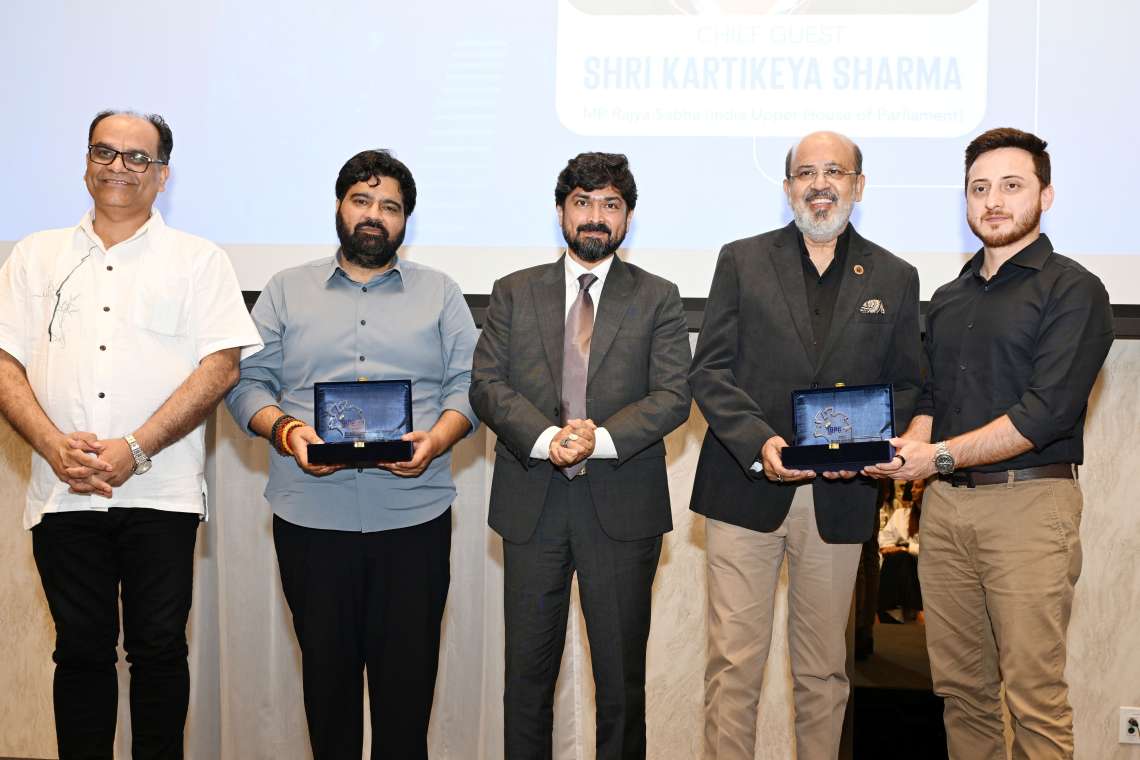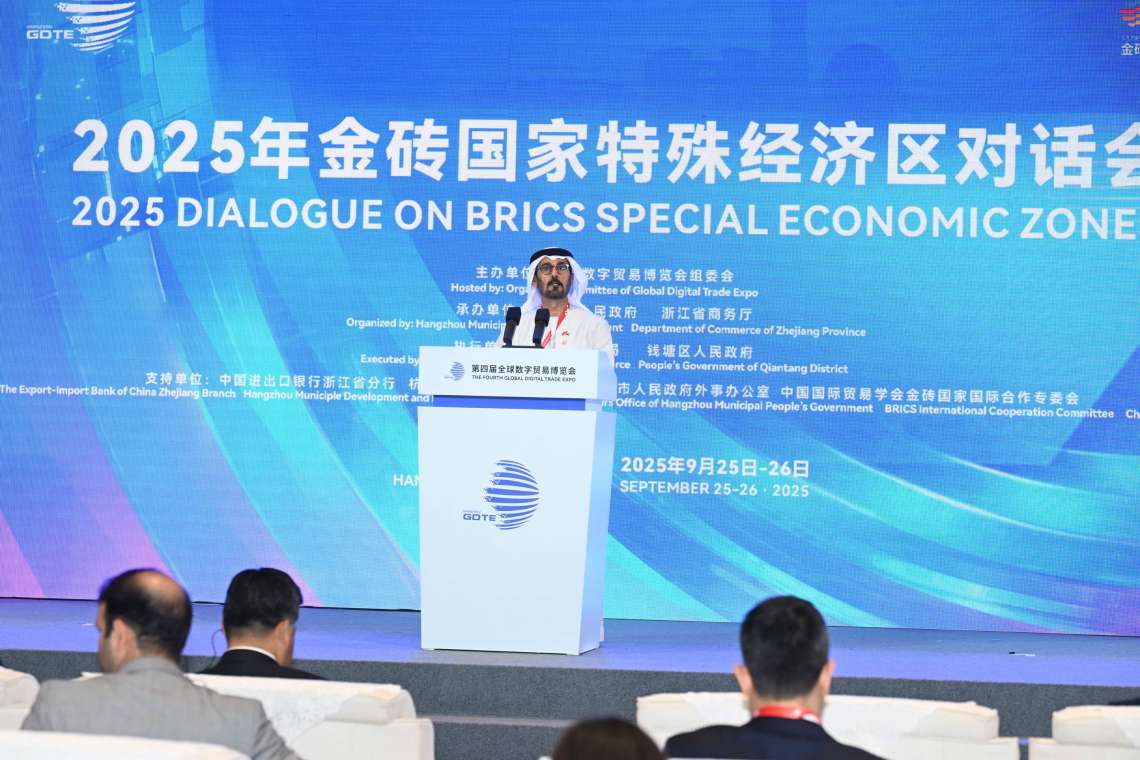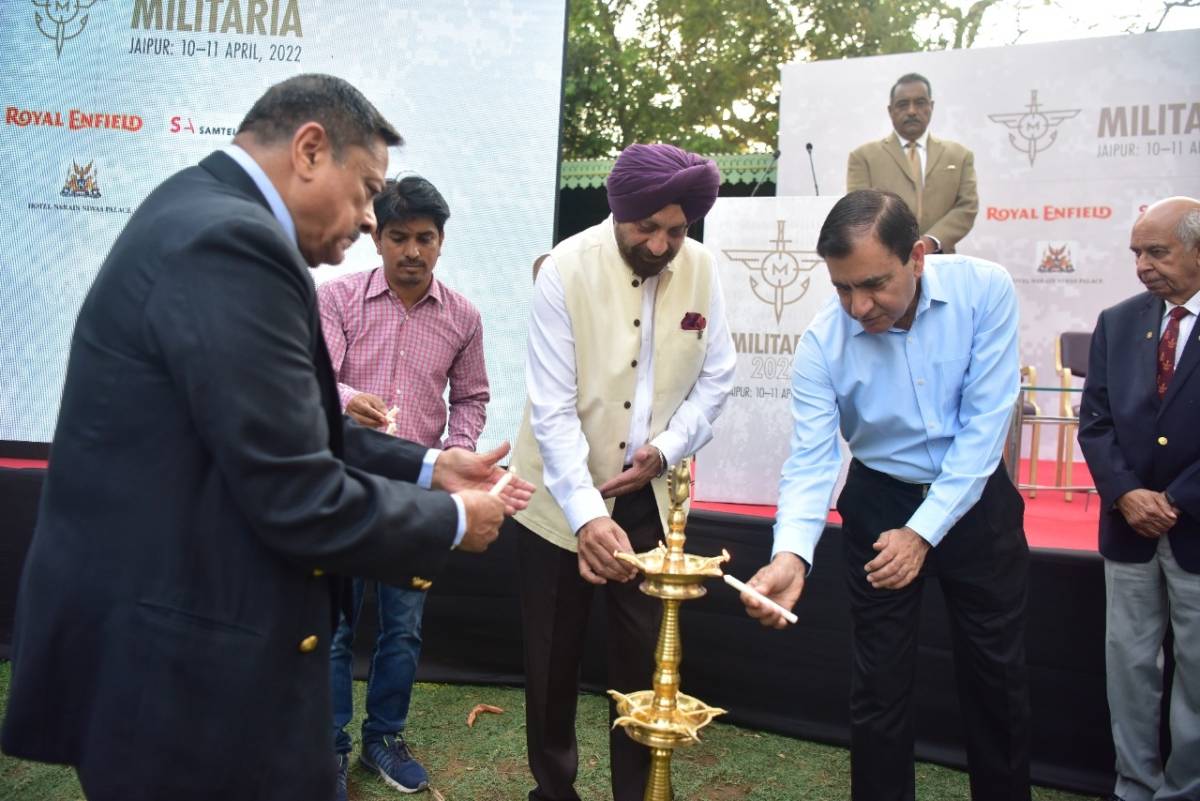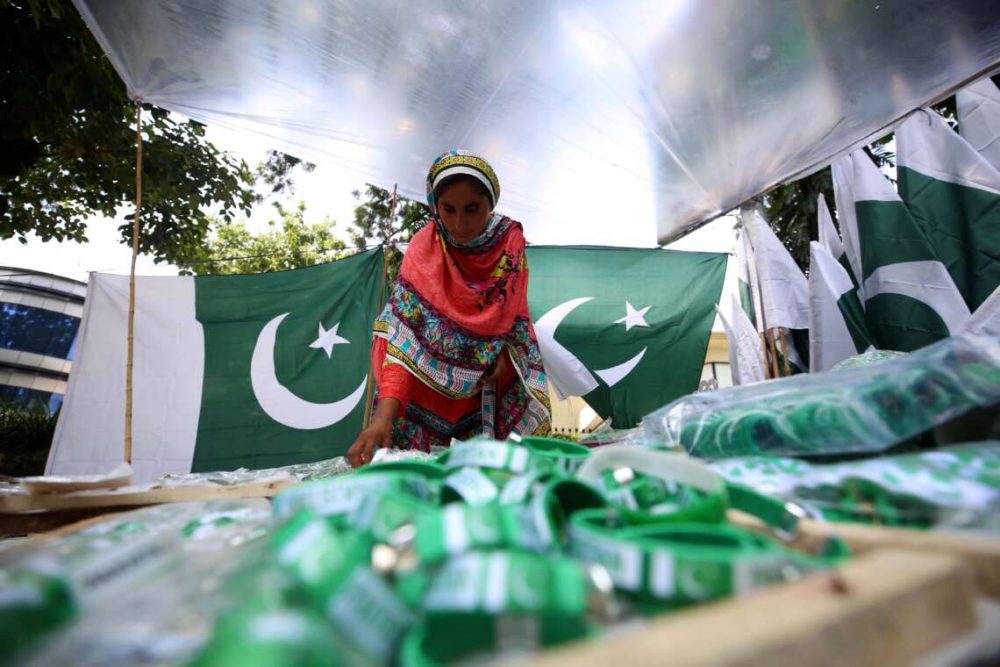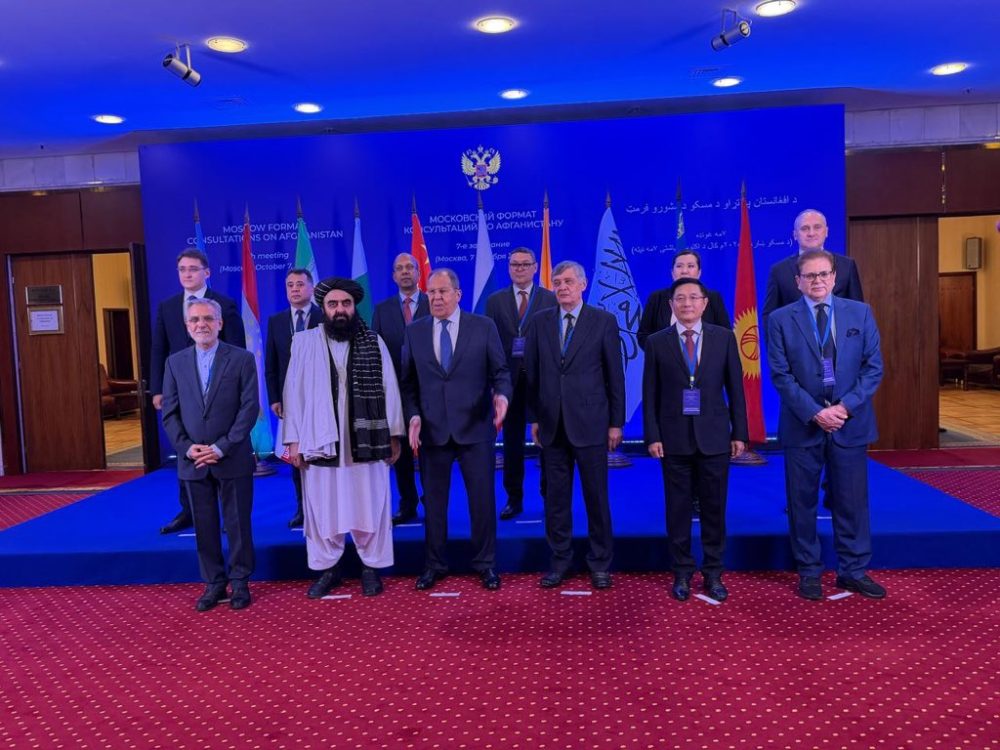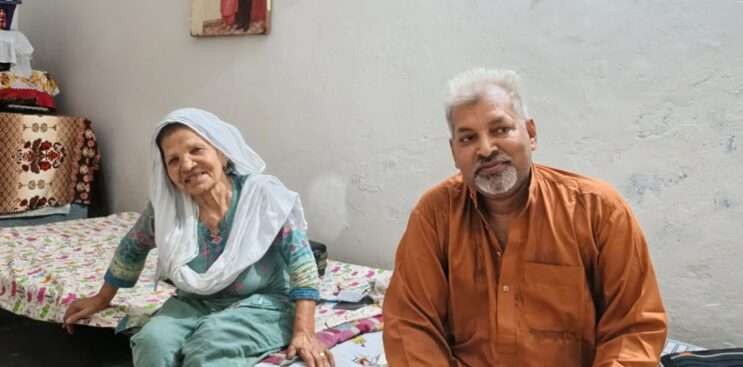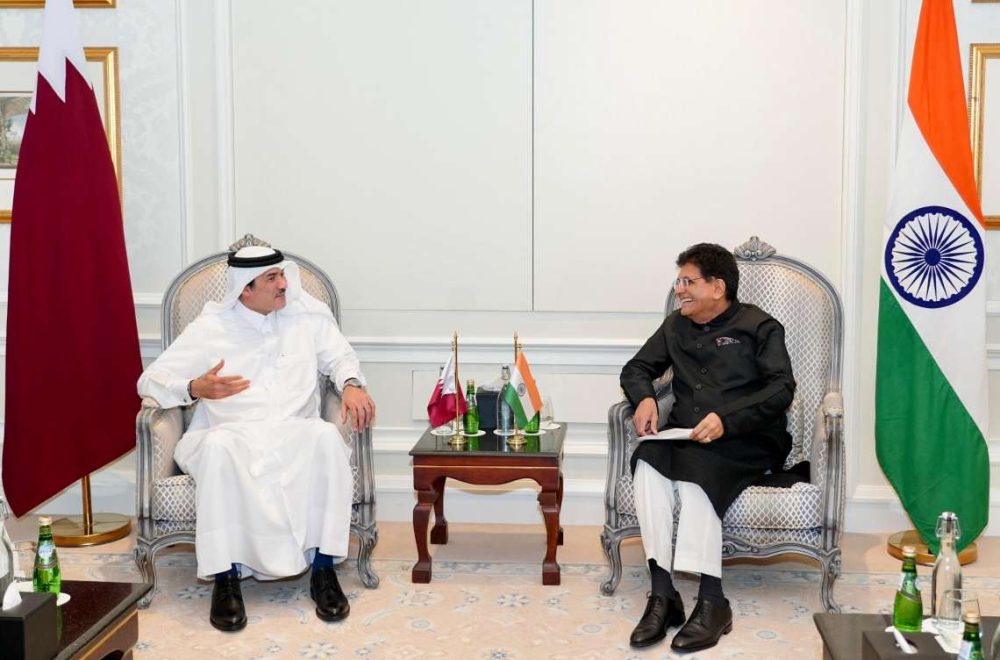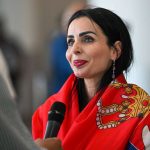Sheikh Mohammed said the goal is to increase the contribution of digital sector to the GDP by 20 percent over the next 10 years, reports Asian Lite News
His Highness Sheikh Mohammed bin Rashid Al Maktoum, Vice President, Prime Minister and Ruler of Dubai, chaired the UAE Cabinet meeting, which was held at Qasr Al Watan Abu Dhabi.
The meeting approved a number of initiatives, strategies and legislations aiming at further developing UAE government work.
His Highness Sheikh Mohammed bin Rashid Al Maktoum said, “I chaired the Cabinet meeting at Qasr Al Watan Abu Dhabi, where we adopted the UAE Digital Economy Strategy. Our goal is to increase the contribution of this sector to the GDP by 20 percent over the next 10 years. We formed a Council for Digital Economy chaired by Omar bin Sultan Al Olama, Minister of State for Artificial Intelligence, Digital Economy, and Teleworking Applications.”
His Highness added, “During the meeting, we adopted a regulatory framework to support the foreign humanitarian work of the UAE, including the establishment of coordination offices in the country missions. Our Humanitarian work is continuous and the UAE will always remain the capital of generosity and goodness.”
“At the Cabinet meeting, we adopted unified standards for licensing and encouraging family counseling professions. The goal is to increase efficiency and provide families with the best specialists in all family matters. We also approved the restructuring of the Board of Trustees of the Higher Colleges of Technology (HCT), chaired by Dr. Ahmad Belhoul Al Falasi, Minister of State for Entrepreneurship and SMEs. Education needs to be developed continuously, for a better future”, he further said.
His Highness continued, “Also, we adopted a number of international agreements, including an agreement to link the payment systems of the GCC countries, and agreements with the United States, Denmark and Brazil. We approved the country’s accession to the International Partnership for Hydrogen and Fuel Cells in the Economy.”
During its meeting, the Cabinet approved the UAE Digital Economy Strategy, which aims to double the contribution of the digital economy to the GDP from 9.7 percent to 19.4 percent within the next ten years. It also aims to enhance the position of the UAE a hub for digital economy in the region and globally.
The Strategy includes more than 30 initiatives and programmes targeting 6 sectors and 5 new areas of growth. It will define the digital economy in the country, with a unified mechanism for measuring its growth while measuring its indicators periodically. The strategy will define the priorities of digital economy in the country, ensuring the contribution of all other economic sectors to promote and support the digital economy.
The UAE Government Cabinet approved the establishment of the UAE Council for Digital Economy chaired by Omar bin Sultan Al Olama, Minister of State for Artificial Intelligence, Digital Economy, and Teleworking Applications.
The UAE Council for Digital Economy will support the directions of the country, to double the contribution of the digital economy to the UAE’s GDP in the year 2031, and enhances the implementation of the Digital Economy Strategy initiatives in all economic sectors.
The UAE is among the top 25 percent of countries in the most important global digital indicators, where the contribution of the digital economy to the economic sectors of the UAE’s GDP is 9.7 percent, and to the non-oil GDP 11.7 percent.
ALSO READ: UAE backs new leadership council
The Cabinet approved a federal law about the public finance which obligate federal authorities to coordinate with the Ministry of Finance to achieve the financial strategy’s objectives approved by the Cabinet.
The Cabinet approved executive regulation of the federal decree-law on private education aimed at regulating the work of private schools in the country in accordance with the objectives of the private education law, the provisions of which apply to all private schools in the UAE. The executive regulation aims to strengthen a high-level educational system that regulates the licensing mechanism for private schools, to ensure the quality of education and to place students among the best in the world in knowledge assessment tests.
The Cabinet also adopted a unified framework to coordinate and organise the humanitarian and development work of the charitable institutions. It includes a guide that organises the seasonal work of all UAE donors concerned with foreign aids, in accordance with international standards, and in line with the UAE foreign aid policy and strategy. This framework approved by the Cabinet, includes the establishment of coordinating offices in the country’s missions abroad for foreign aid. This will contribute in regulating financial transfers to donors, and the UAE charitable institutions in the beneficiary countries.



